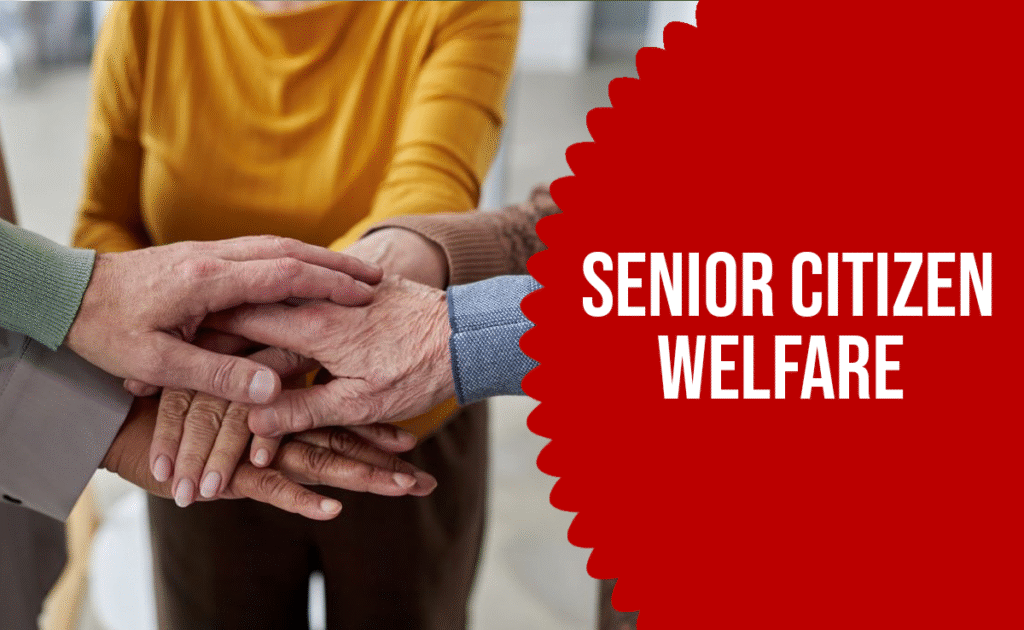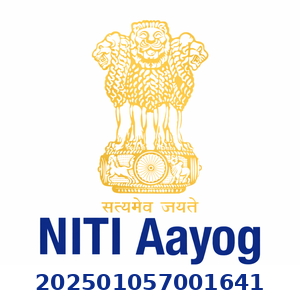- 14566 - National Helpline Against Atrocities
- 14567 - National helpline for senior citizens
- 112 - Women helpline number
- 1098 - Helpline for children in distress

The Senior Citizen Welfare Scheme is designed to enhance the quality of life, dignity, and well-being of elderly citizens through a comprehensive set of initiatives covering health, social security, financial support, and community engagement. In alignment with the principles of the Maintenance and Welfare of Parents and Senior Citizens Act, 2007, the scheme focuses on ensuring that the elderly receive the care, respect, and opportunities they deserve.
Recognizing the vulnerabilities that often come with aging—such as health challenges, social isolation, and financial insecurity—this scheme aims to create an environment where senior citizens can lead active, healthy, and fulfilling lives.
To ensure the social, financial, and emotional security of senior citizens
To provide accessible healthcare and medical support
To promote active aging and participation in community life
To prevent the abuse, neglect, and marginalization of the elderly
To strengthen institutional and non-institutional care services
Monthly pensions or financial aid to eligible senior citizens, especially those without family support or income
Support for widowed, disabled, or destitute senior citizens through various state and central schemes
Establishment of geriatric healthcare units in government hospitals
Free or subsidized medical check-ups, medicines, and treatments
Mobile health clinics for elderly care in rural and remote areas
Special provisions under Ayushman Bharat – PMJAY for healthcare coverage
Old age homes, senior citizen hostels, and day-care centers supported through government grants and NGO partnerships
Legal and rehabilitation support for abandoned or homeless senior citizens
Implementation of the Maintenance and Welfare of Parents and Senior Citizens Act, 2007 to ensure legal protection against neglect and abuse
Free legal aid services for matters concerning property rights, maintenance, and protection from exploitation
Establishment of senior citizens’ clubs, activity centers, and libraries
Encouragement of participation in community service, intergenerational programs, and cultural activities
Promotion of digital literacy and training programs to keep senior citizens connected and engaged
Travel concessions on public transport, railways, and airlines
Priority services at hospitals, banks, and government offices
Must be a citizen of India
Typically aged 60 years and above (some benefits may vary based on specific guidelines)
Priority given to those from economically weaker sections, single seniors, widows/widowers, and those without family support
Applications can be submitted through the District Social Welfare Office or state-specific portals
For financial benefits, submit required documents including age proof, income certificate, and bank details
For healthcare services, registration may be required through local hospitals or health missions
For legal and protection services, approach local legal aid authorities or helplines
For participation in community centers and activities, register with the nearest senior citizens’ association or welfare committee
National Helpline for Senior Citizens (14567)
State and District Social Welfare Departments
NGOs working with elderly welfare
Hospitals with dedicated geriatric units
Improved health, security, and dignity for senior citizens
Enhanced social inclusion and engagement of the elderly
Reduction in cases of neglect, abuse, and abandonment
Increased access to rights, entitlements, and welfare schemes



All Rights Reserved © SECI